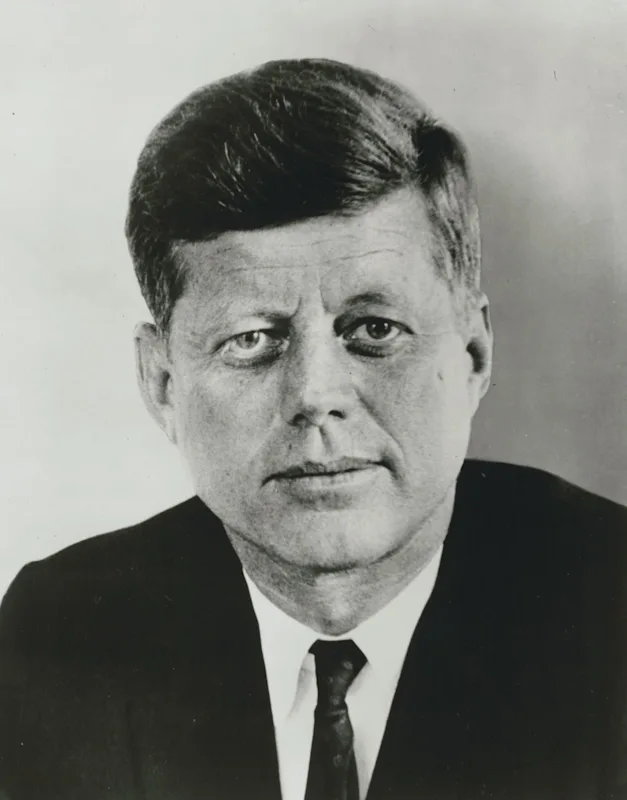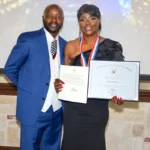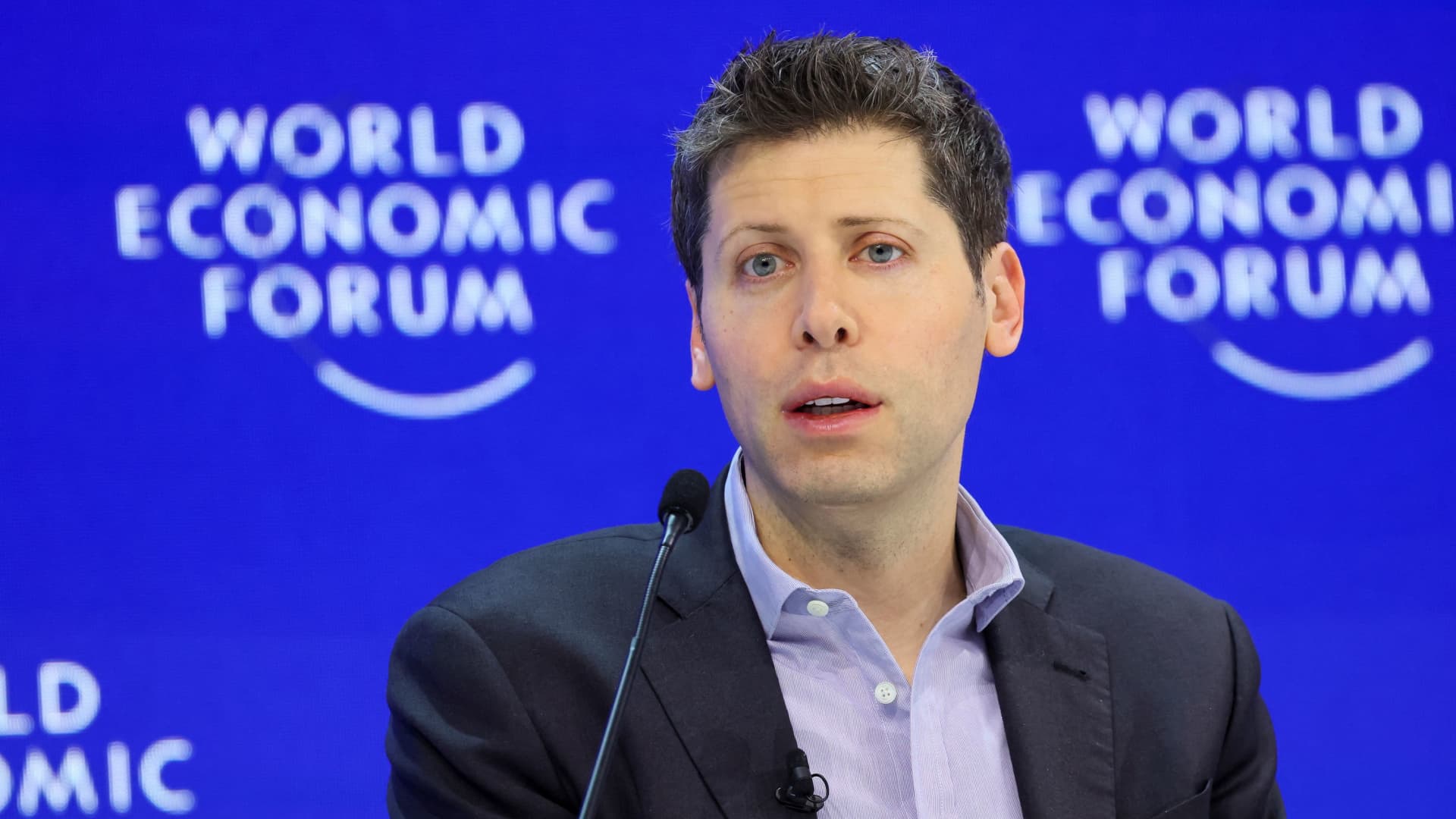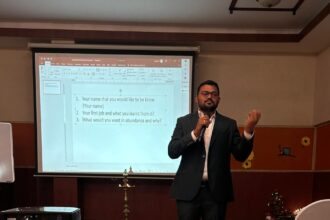Measuring the legacy of US Presidents is a difficult task. Some inherit economic growth and others
inherit depressions. Some experience peace while others go to war. Almost all modern administrations
are marred by scandal in some form or fashion. Although his Presidency ended 60 years ago, John F.
Kennedy remains a subject of popular curiosity. To learn more about why this is, we talked to Sara
Causey, host of the con-sara-cy theories podcast, for her ideas on JFK’s lasting legacy and public interest.
You’ve voiced some interesting theories that the attempts to damage JFK’s legacy always lead back to
his assassination. Can you explain what you mean?
I believe that some critics seek to discredit frankly anything positive about Kennedy as a person and/or
Kennedy as a President because it would ultimately lead to the thesis that America didn’t lose much on
November 22, 1963 when he was killed. There are a great many political scandals that blemish the
American landscape and with this being an election year, I have no doubt we’ll see even more unsavory
tidbits from modern politics come to light. With JFK, you have a young, attractive man elected to a very
high office and it can be tempting to put such a person on a pedestal. Yet when we do that for any
human being, let alone a politician, we are playing a dangerous game. I avoid casting JFK as either a
candidate for the sainthood or the worst rogue who ever lived. It seems to me that pundits who are
committed to ripping him to shreds are doing so because when you follow that line of thinking to its
eventual conclusion, you always arrive at the same place: it doesn’t really matter that he was
assassinated in broad daylight.
Even so, the American public has remained interested in Kennedy through the years.
Yes, that’s true. I read not long ago that in a 2023 Gallup poll, JFK had a retrospective approval rating of
90%, which is incredibly high. So I believe in spite of the efforts of smut peddlers and hit piece authors,
the American public has largely rejected the smear campaigns.
In your blog, you’ve written about trying to separate the personal from the Presidential. Expound on
that.
For some people, JFK’s real Achilles heel was his reputation as a womanizer. You have his wife, Jackie,
who is also young and attractive, and a couple of cute kids running around – what kind of cad skulks
around with other women instead of maintaining marital fidelity? Beyond the salacious stories of JFK’s
adultery, there are critics who assert that anything positive Kennedy did was basically by accident. He
was a war hawk in a dove’s clothing, he was too intellectual and not tough enough, he was outmatched
by other world leaders, the Vietnam War would have happened even with Kennedy at the helm, etc. I
have found no evidence that Kennedy wanted to hit the proverbial red button and obliterate half the
planet. He had opportunities to do so and there were plenty of hawks around him who were
encouraging such things. Stanley Kubrick’s film Dr. Strangelove, for example, is actually not as outlandish
as it seems to be on the surface. I think it’s worth noting that Kennedy was the only President to date
who was a Purple Heart recipient. He had seen war and had injuries from war. In modernity, we deal
with men who’ve never been in battle yet seem incredibly keen to send others into the theater of war. I
think if a pundit can’t actually attack policies, they go for ad hominem jabs and Kennedy left himself
open for that with his philandering. But personally, I find the idea that JFK was a secret war hawk on the
sly to be particularly absurd.
How do you think Oliver Stone’s famous film JFK has contributed to the legacy?
Hollywood is notorious for taking liberties and there are plenty of people who’d much rather watch a
movie or a television show than read a book. The proliferation of social media has only made people’s
attention spans shorter, in my opinion, so an interesting film is more likely to garner attention than a
book these days. You have critics of the film who say everything from, “It’s a total fiction” to “It’s
Kennedy hero worship” to “It’s a bunch of conspiracy theory wingnut nonsense.” I don’t think it’s
sensible to expect a Hollywood film to be textbook accurate. I do think that Stone’s film brought
Kennedy’s murder to the forefront, and it asked a lot of good questions. The famous sequence where
Jim Garrison, played by Kevin Costner, is narrating the Zapruder film and giving an account of how
Kennedy’s murder may have happened is unforgettable. In my mind, if the film inspires people to read
and seek the truth and consider varying opinions, it’s done a great service.
What do you think the future holds for Kennedy’s legacy and his place in public opinion?
At this point, there are multiple generations who were not alive when Kennedy was President, and that
includes me as a member of Gen X. Yet we still see a high posthumous approval rating and a strong
interest not only in his death but in his life. As time goes on, history always falls to the younger
generations not simply to be kept intact but to be questioned and probed. Thus far for JFK, that has
remained the case.
New episodes of the con-sara-cy theories podcast drop every Wednesday night at 7pm Central / 8pm
Eastern time. You can find it on any major podcast provider.







